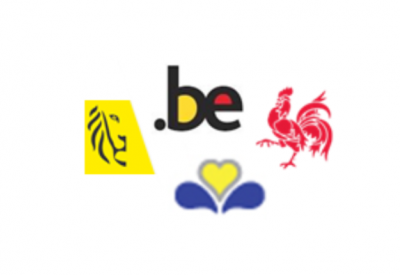Target
e-Invoicing 101Theme
LegalOpinions diverge on the issue. At the European level, the obligation to move to e-Invoicing only applies to public authorities. The Member States can, however, implement additional legal measures.
Many countries around the world have already mandated e-Invoicing, primarily in Latin America. Which is why we refer to the "Latam model".
Why should e-Invoicing be made compulsory?
In most cases, the countries that mandate e-Invoicing do so for tax rather than economic reasons. It is difficult to collect taxes in these countries and e-Invoicing is virtually non-existent. Therefore, there is no significant infrastructure, format, or exchange protocol on the market.
The measure generally involves the implementation of a transmission system under State control. It is usually centralised and proprietary to the country.
E-Invoicing in Europe
This is rarely the case in Europe where e-Invoicing has been available for a long time and tax collection problems are not as acute. As we have seen, Europe has only required public authorities to use e-Invoicing. The requirement does not apply to economic operators, even when they sell to public authorities.
However, Europe authorises each State to implement additional legal measures as long as they don't interfere with competition or the free movement of goods and services. A unilateral requirement to implement e-Invoicing in a European country could be considered an obstacle of this type.
The situation in Italy
However, we should note the situation in Italy. It was faced with collection problems and decided to mandate e-Invoicing for all commercial transactions in the country as of 1 January 2019. It is operated via a centralised system managed by the Finance Department.
The format used for the system does not comply with the European Standard. However, the Italian public authorities must be able to receive e-Invoices which meet the European Standard. The question arises as to the effect this combination of legal measures will have on the adoption of the European Standard by Italy's economic operators...
Who is thinking what?
Opinions on e-Invoicing are still divided in Europe at this time.
-
Many economic operators worry that the requirement will harm them because they will have to acquire a new invoicing system or modify their current one. And there are no clear prospects for savings, as the public authorities are the only customers concerned and electronic invoicing is not very widespread at this point.
-
The IT sector is very much in favour of a mandate and argues that if there is no requirement for e-Invoicing, implementation will take a long time. Sceptics answer that the obligation would provide the IT sector with unwarranted negotiating power over their customers and would skew the market.
-
Public authorities are also divided on the issue. Many departments which are undertaking transformation programmes, have included the measure in their plans. It's no surprise that those that haven't yet initiated study projects or begun implementation have more reservations.




